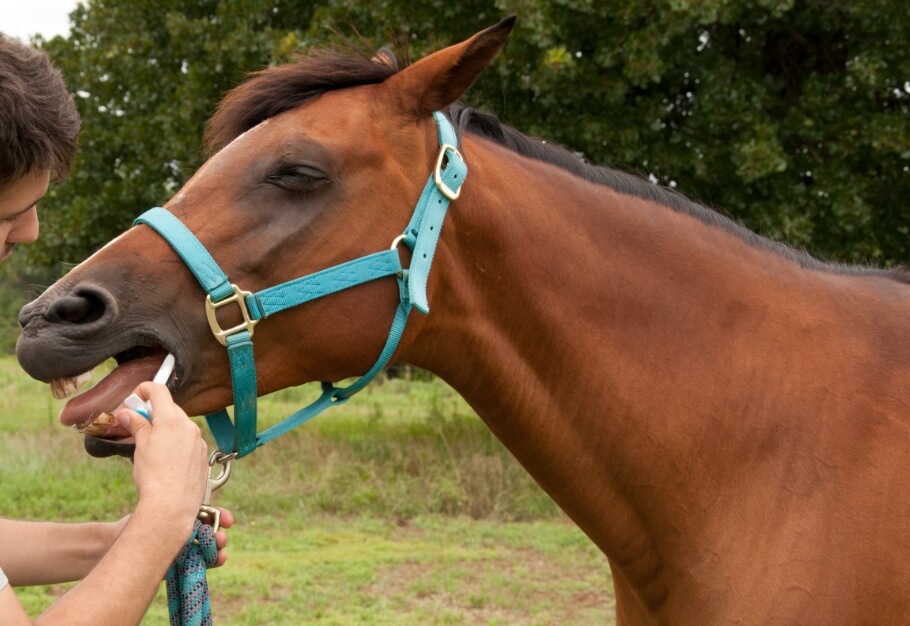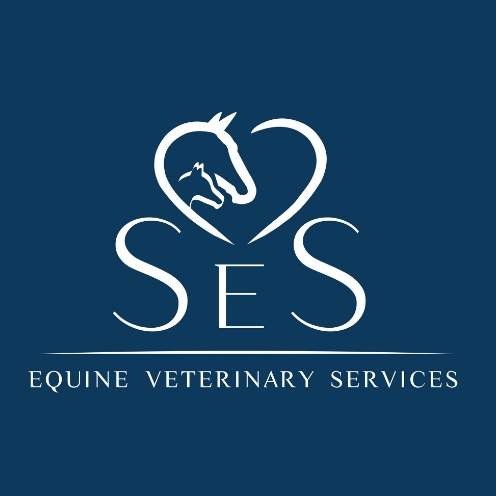Worming Advice and Healthcare Programmes
Worms and protection against them has become an extremely complex topic due to anthelminthic resistance. Anthelminthic resistance means that worms now have the ability to become resistant to regular dewormers. It is also a complicated subject because only certain dewormers are indicated in certain age groups at certain times of the year — even in a population where no resistance exists.
Therefore the act of choosing a dewormer should be discussed in depth with your veterinarian.
At SES Equine Veterinary Services, we aim to support you in developing a health plan tailored specifically to your farm. In developing this health plan we aim to reduce the incidence of resistance and the use of dewormers in your group of horses and on your yard or farm.
We incorporate faecal worm egg counts from each horse into the development of a health plan.


At certain times of the year, if your horse’s FWEC is low, it is generally advised not to give a deworming treatment. However for high counts, we recommend targeted deworming which is based on your horse’s age and the time of year which reflects the type of worm and stage of its life cycle. Many other factors influence the choice of deworming protocol implanted in such as the presence or absence of resistance as well as the type of grazing management used on your farm.
Please ask us to design a health programme specific to your farm.
Prevention is better than cure.
Equine routine deworming is essential for maintaining your horse’s health and preventing the potentially harmful effects of parasitic infestations, including weight loss, colic, and poor overall condition. It’s a proactive measure that ensures your equine companion’s well-being when done correctly. Contact us to develop a tailored deworming program based on your horse’s unique needs and circumstances.
